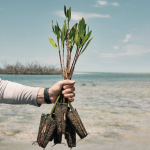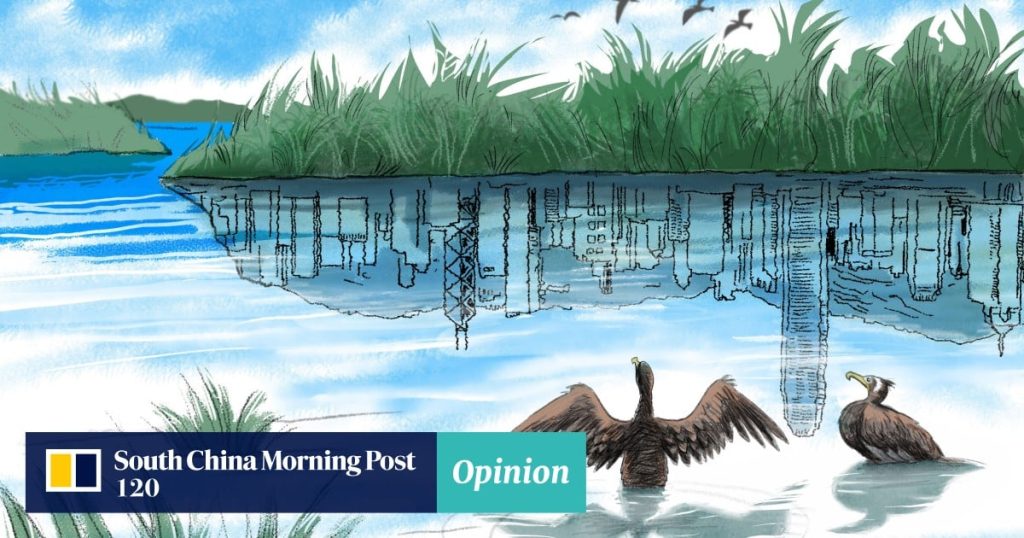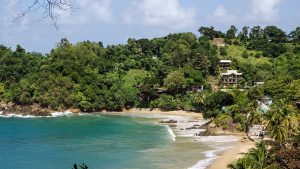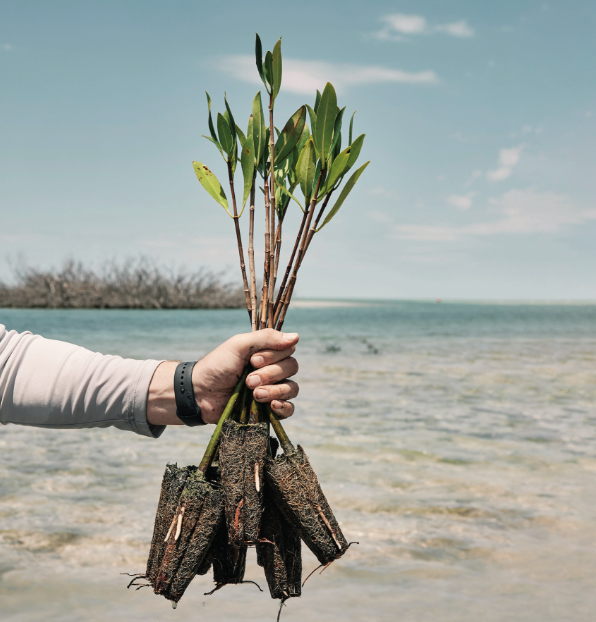Protecting Hong Kong s Wetlands for Climate Resilience
Hong Kong s wetlands are crucial for flood protection, but their importance has been overlooked. Respecting and harnessing these ecosystems can help safeguard the Northern Metropolis and other vulnerable coastal areas from climate change. The increasing frequency and intensity of extreme weather events, such as Super Typhoon Saola and the record-breaking black rainstorm in September, highlight the urgent need to enhance the city s resilience. While discussions have mainly focused on upgrading existing infrastructure, the planned Northern Metropolis development should also prioritize the establishment of a comprehensive wetlands protection system to increase climate resilience. These wetlands act as natural buffers, absorbing rainwater and protecting buildings and roads from flooding. Despite this, their essential role has been largely ignored. The recently published Northern Metropolis Action Agenda, however, focuses more on development than on the conservation of Hong Kong s natural assets, raising concerns about the government s prioritization of ecosystem services and livelihood sustainability. The existing wetlands and fish ponds in the northwestern New Territories can offer nature-based solutions to address environmental concerns, serve as natural detention tanks to minimize flooding risks, and even provide socioeconomic benefits through aquaculture and tourism opportunities. Additionally, wetlands can play a role in managing carbon dioxide by storing carbon within their ecosystems. The reduction of intertidal mudflats and the shrinking of the Deep Bay wetland ecosystem due to urbanization have threatened the populations of migratory waterbirds, including rare species. Restoring and managing abandoned fish ponds as integrated mangrove-aquaculture systems could increase the area of mangroves and provide multiple benefits, including flood protection, wildlife conservation, fish production, and carbon sequestration. Protecting mangroves can also help mitigate sea level rises and storm surges, which are becoming more frequent and severe with climate change. To fully realize the flood alleviation service provided by wetlands in the northwestern New Territories, it is imperative to incorporate them into the design of drainage and flood storage systems for the Northern Metropolis. Additionally, pilot field research should be initiated to optimize carbon capture, aquaculture production, and biodiversity enhancement within inactive ponds on government land. The knowledge gained from these efforts will be invaluable for the planning and management of future wetland conservation parks in the Northern Metropolis and beyond. The article emphasizes that in order to achieve the ecological civilization proposed by President Xi Jinping, it is crucial to work in harmony with nature.
Hong Kong s wetlands are vital for flood protection, but their value has been ignored. To combat climate change and increase resilience, the planned Northern Metropolis development should prioritize a wetlands protection system. These wetlands act as natural buffers against flooding but have been disregarded. The government s focus on development rather than conservation raises concerns. Restoring and managing abandoned fish ponds as mangrove-aquaculture systems would offer multiple benefits, including flood protection and carbon sequestration. Incorporating wetlands into drainage systems and conducting research will be crucial for future wetland conservation. Working in harmony with nature is essential to achieve President Xi Jinping s ecological civilization.





